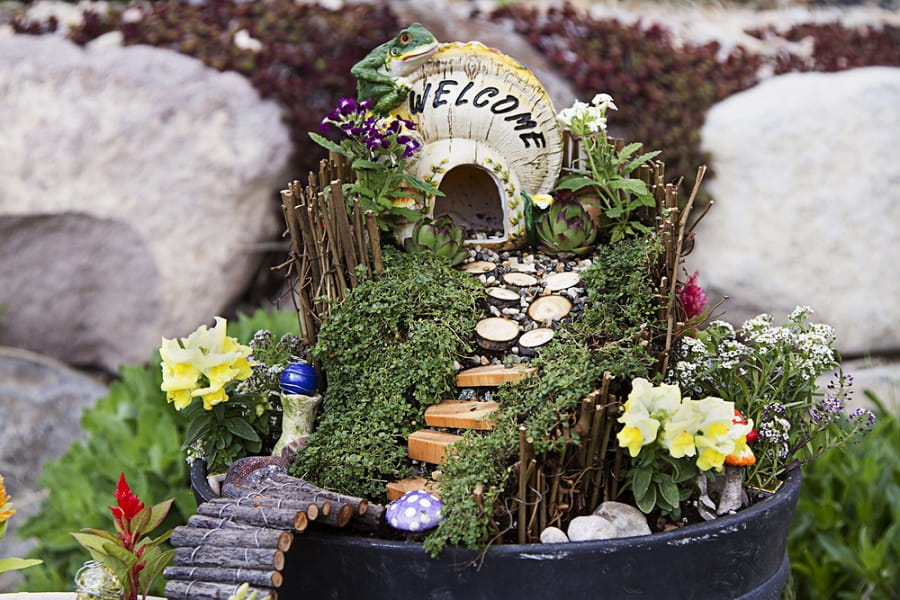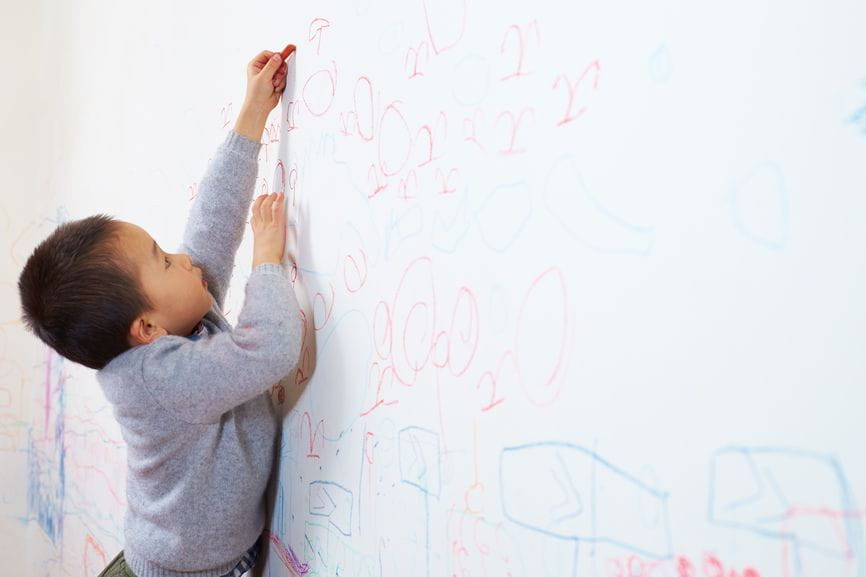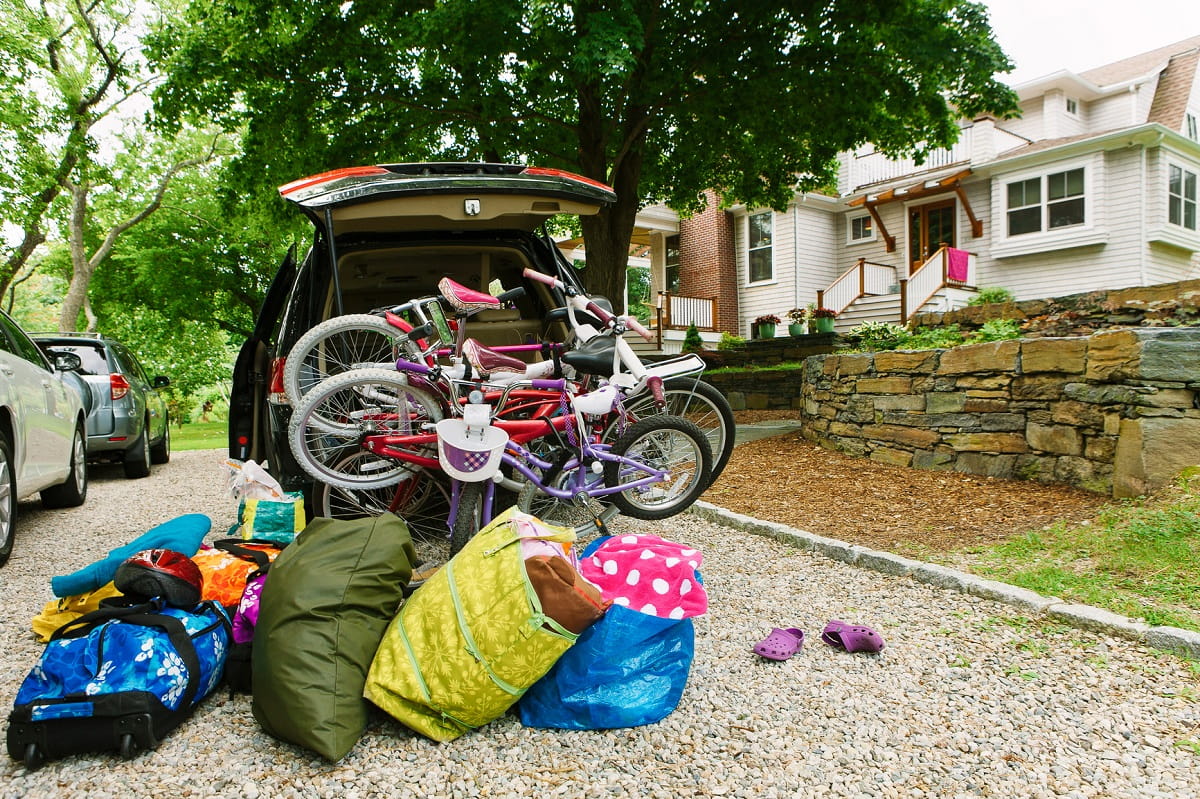5 Reasons Musical Activities Makes Kids Smarter
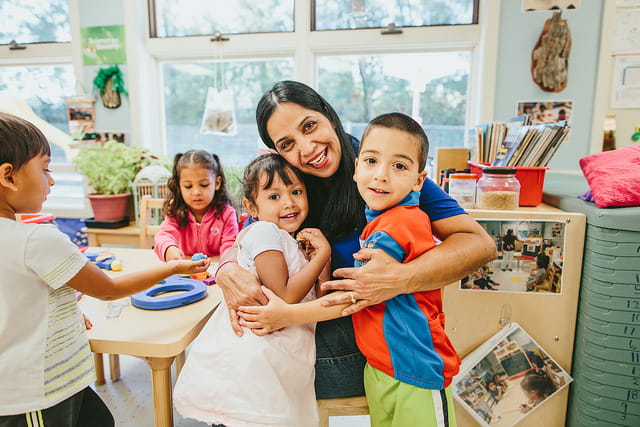
Anyone who’s witnessed a kid belting out “If You’re Happy and You Know It” knows that children love to sing and dance. But there’s more learning power to singing, rhythm, and dance than you may realize.
For young children’s developing minds, music is really powerful stuff: Research shows that music is a super brain-building activity, providing huge social, emotional, and cognitive benefits for kids. That’s why award-winning early childhood educator Attiya Mirza uses music in her KinderCare classroom every single day.
“Music is learning. It lights up everything,” says Mirza. “Music truly teaches the whole child.”
Mirza is particularly adept at using music as a learning tool: In her native Pakistan, she recorded a pop album (learn more about this outstanding educator’s unique path to teaching here).
This top teacher in Palatine, Illinois shares five of her favorite ways to incorporate musical activities into the daily rhythm at home.
1. Play with the Band
Get out the instruments—pots and pans, egg shakers, an old ukulele you found on vacation—and start a jam session by turning on some music and letting your kids play along! “When you play music together, children can learn to wait and to listen. They learn sharing and they learn patience,” says Mirza.
Hitting the high notes: Your little rocker is learning social skills. Banging on pots and pans also builds communication skills, as it helps them find their voice.
2. Hold the Drumline
Flip over a bucket or large pot, grab some sticks, and let your pint-size drummer really go for it. Try setting a beat (bum-bum-BAH-bum) and then repeat it back and forth to each other. “Drumming develops cognitive skills and memory,” explains Mirza.
Hitting the high notes: Remembering and repeating rhythm sequences helps your child learn to recognize numerical patterns. (These are critical pre-math skills!)
3. Crown a Karaoke King (or Queen)
For a lo-fi home setup: Use a wooden spoon for a mic and string up some Christmas tree lights around your “stage” (a.k.a. the living room doorway). Turn on some favorite tunes or download a kid-friendly karaoke app, and let your star take the stage. Before they begin, encourage them to introduce themselves.
Hitting the high notes: Singing builds confidence and self-esteem, and gives your kid the chance to find their own voice.
4. Stage a (Mini) Musical
Ignite your child’s imagination by turning on some instrumental music (try anything from Prokofiev’s classic Peter and the Wolf to the theme from Star Wars), and making up a story for your child to act out. Mirza’s class loves one she calls “The Mermaid Game.”
As she plays the piano, she tells a long, winding tale about some mermaids who swim in the ocean, run from sharks, and rest in a coral reef. The kids act out each of the scenes—and they ask for the game again, and again, and again.
Hitting the high notes: This game teaches younger children how to listen and follow directions, skills that will be critical to success in school as children get older and classes become more structured.
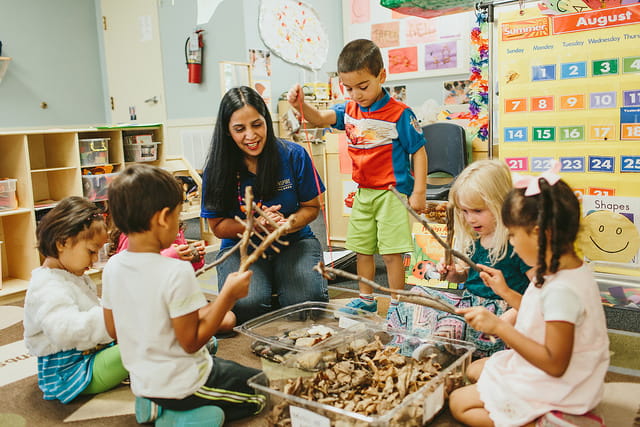
5. Listen to Nature’s Music
Music is everywhere, even in nature. Take a walk with your little explorer and gather leaves, rocks, twigs, and other natural objects. Bring them home and discover the music they can make. Dry leaves make a soft rustling sound, rocks tapped together make a beat, twigs can scrape and scratch—add them together, and you’ve got an all-natural symphony!
Hitting the high notes: Using sound to explore the natural world builds your child’s scientific-thinking skills.
“Music is the best teaching for kids—and they’re learning without realizing it. It truly is a universal language,” says Mirza. So go ahead: Play on and play loud! The lessons your child will learn are invaluable.
